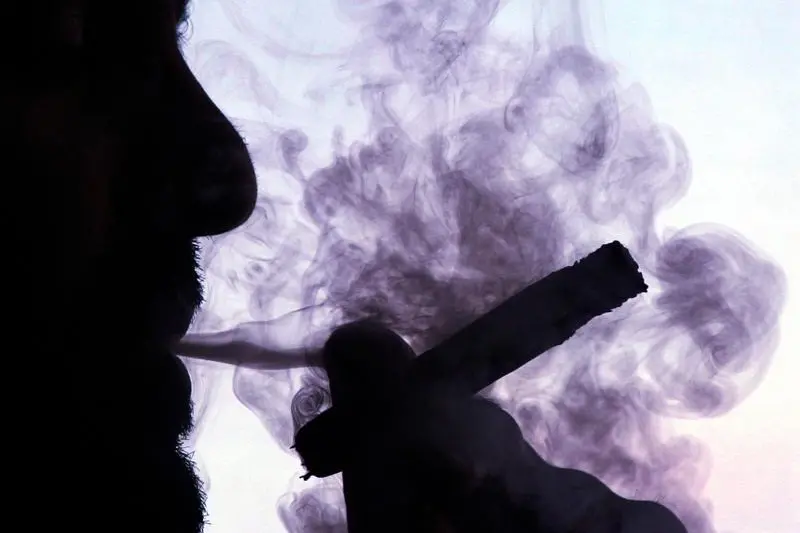PHOTO
Cigarette smokers in the United Arab Emirates (UAE) would need to see a price hike of at least 600 percent before they would consider quitting the habit, according to the head of the country's largest tobacco distributor.
Gulf Arab states, which are part of a customs union, plan to increase taxation on tobacco products to 200 percent in 2017, from 100 percent at present, a UAE official said late last year. Saudi Arabia already doubled the price of tobacco products in March, as part of the Gulf Cooperation Council (GGC) bid to encourage healthy living.
However, Abdulla Al Gurg, group general manager of Dubai-based family conglomerate Easa Saleh Al Gurg Group (ESAG), the sole UAE agent for the British American Tobacco company since 1964, told Zawya that governments would need to raise prices a lot higher if they really wanted to deter users from smoking.
"As a distributor, I am telling you the prices of tax [on tobacco] are going to go up. You go and buy a packet of cigarettes in London and you pay 10 pounds [53 UAE dirhams], here you pay 10 dirhams," Al Gurg said, adding that any hike below 600 percent would not prove effective.
Al Gurg Cigarette Division, a subsidiary of ESAG, is the agent for tobacco brands such as Dunhill, Kent, Vogue, Benson & Hedges, Rothmans, Silk Cut and Lucky Strike and distributes to over 10,500 outlets, the largest operation of its kind in the UAE.
Health concerns are not the only motivation behind the GCC's move to increase taxation on tobacco. Dwindling revenue from hydrocarbons and rising budget deficits have forced regional governments to look for alternative revenue streams to support economic growth, including reforming tax systems.
Time to tax
The International Monetary Fund (IMF) told Reuters last month that the non-oil sector of the GCC economy is projected to grow at an average rate of 3.25 percent annually over the next five years, compared to a rate of 7.75 percent between 2006 and 2015.
Last year, the UAE said it would be the first GCC country to introduce a 5 percent value-added-tax (VAT) in January 2018, with the other five members set to follow suit by the end of the 2018.
As an Emirati and businessman, Al Gurg welcomed the move and said it was time for citizens to recognise that the government cannot continue to provide every social service for free, especially at a time when governments are being forced to rein in spending.
"I can talk to you as a UAE national. I grew up and you get free health and education and when you decide to work they push you into a job, they prioritise you... They give you land or a grant to build a house... They put you in the army and they give you a small salary. Also, they build you beautiful bridges and roads and nice fireworks and all of that and you expect all of this to come for free? Someone has to pay for it."
"I am very pro and it is a good gesture if [VAT] happens. But, I think there is scope for us to recognise that contribution or giving back to what has been given to us for the last 30 years," he added.
© Zawya 2016





















